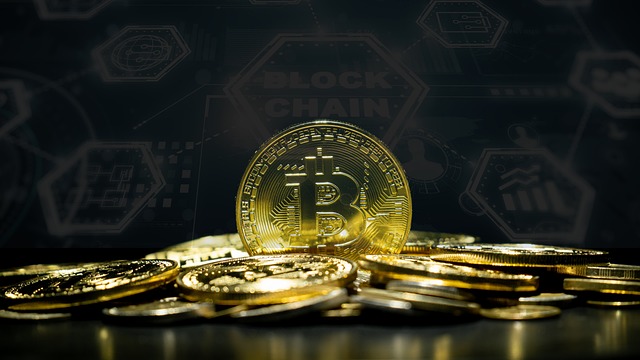Introduction
Bitcoin, the world’s first decentralized digital currency, has revolutionized the way people think about money and financial systems. Beyond its popularity as an investment, Bitcoin holds transformative potential for fostering financial inclusion, particularly for the unbanked. This article explores how Bitcoin bridges financial gaps and creates opportunities for millions globally who lack access to traditional banking systems.

What is Bitcoin and Why Does It Matter?
Bitcoin is a digital currency that operates on a blockchain—a secure, decentralized ledger that ensures transparent and tamper-proof transactions. Unlike traditional currencies controlled by central banks, Bitcoin enables peer-to-peer transactions without intermediaries. For the unbanked, this means access to a financial system without the need for a traditional bank account.
The Challenge of Financial Exclusion
Financial exclusion is a pressing global issue, with over 1.4 billion adults remaining unbanked, according to World Bank data. The barriers include lack of documentation, geographic inaccessibility, and high fees associated with conventional banking. This gap disproportionately affects people in developing economies and emerging markets, limiting their ability to save, invest, or access credit.
Bitcoin as a Tool for Financial Access
Bitcoin can democratize access to financial systems by providing:
- Digital Wallets
A smartphone and internet connection are the only prerequisites to set up a digital wallet, enabling people to store and transact in Bitcoin. - Cross-Border Payments
Bitcoin simplifies remittances, allowing migrant workers to send money home with minimal fees compared to traditional methods like Western Union. - Microtransactions
With no minimum transaction size, Bitcoin enables micro-payments for goods and services, making financial systems accessible to even those with modest incomes.
Opportunities for the Unbanked
- Economic Empowerment
Bitcoin provides a pathway for economic participation, enabling individuals to receive payments and engage in commerce. - Financial Literacy
The adoption of digital currencies often leads to improved financial knowledge as users learn to navigate the cryptocurrency ecosystem. - Smart Contracts
Through blockchain technology, smart contracts can enable automatic, reliable, and enforceable agreements without intermediaries, opening doors for small businesses.
Challenges and Limitations
While Bitcoin offers immense potential, it is not without hurdles:
- Volatility: The price fluctuations of Bitcoin can pose risks for users.
- Regulatory Compliance: Governments worldwide are grappling with how to regulate cryptocurrencies.
- Cybersecurity: The risk of digital theft and hacking remains a concern.
- Scalability Issues: As transaction volumes grow, the Bitcoin network faces challenges in processing them efficiently.
Case Studies: Bitcoin in Action
- Africa’s Growing Cryptocurrency Market
In countries like Nigeria and Kenya, Bitcoin has become a lifeline for the unbanked, facilitating cross-border payments and enabling small businesses. - Latin America’s Bitcoin Revolution
El Salvador’s adoption of Bitcoin as legal tender underscores its potential to empower individuals and stimulate economic growth.
Global Impacts of Bitcoin-Driven Inclusion
- Developing Economies: Bitcoin fosters economic growth by providing alternative financial systems.
- Remittance Solutions: Reduced fees ensure more money reaches families in need.
- Inclusive Growth: By empowering the unbanked, Bitcoin contributes to financial equality and poverty reduction.
The Future of Bitcoin in Financial Inclusion
As technology evolves, Bitcoin’s role in financial inclusion will likely expand. Innovations in scalability and security, coupled with increased adoption, can transform it into a mainstream solution for bridging financial gaps.
Conclusion
Bitcoin’s potential to foster financial inclusion is undeniable. By offering an alternative to traditional banking systems, it empowers the unbanked to participate in the global economy. However, challenges like regulatory hurdles and cybersecurity risks must be addressed to unlock its full potential.
